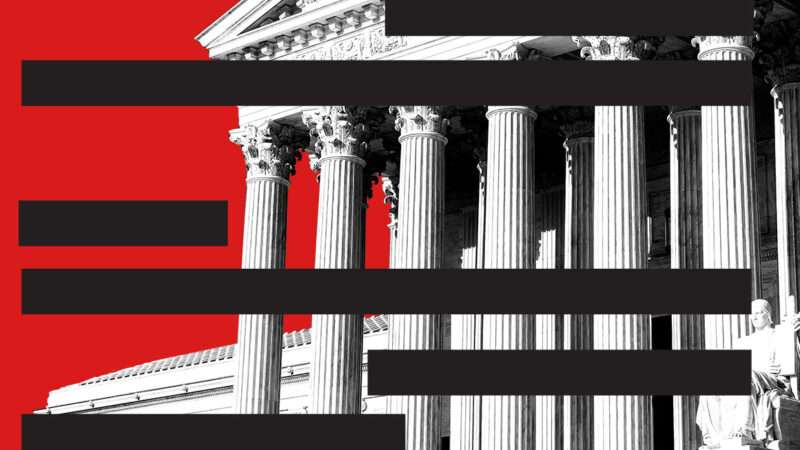
For nearly a decade, the American Civil Liberties Union (ACLU) has been trying to lift some of the secrecy cloaking the operations of the federal court that oversees foreign intelligence warrants. But in November, the Supreme Court declined to consider an ACLU petition arguing that the public has a First Amendment right to see the court's classified decisions.
The Foreign Intelligence Surveillance Court (FISC) approves electronic surveillance, physical searches, and demands for business records targeting "a foreign power or agent of a foreign power." Agencies seeking warrants have to claim that the collection of foreign intelligence is a "significant purpose" of their investigations and follow "minimization" procedures aimed at limiting collection of information about U.S. citizens or legal residents.
Since 2013, the ACLU has been seeking the release of FISC opinions, redacted as necessary, regarding the National Security Agency's mass collection of Americans' telephone records and online data. That practice, which was revealed by whistleblower Edward Snowden, was based on a controversial interpretation of PATRIOT Act provisions that expired in 2015. The USA FREEDOM Act, which Congress approved that year, renewed those provisions but imposed new restrictions on bulk collection of telecommunication metadata.
Under the Foreign Intelligence Surveillance Act, the FISC is supposed to protect Americans from unjustified federal snooping. But it is hard to assess how well the court is doing that without seeing its rulings. Because those opinions are classified, the Justice Department argues, only the executive branch has the authority to release them.
When the Supreme Court declined to hear the ACLU's petition, Justice Neil Gorsuch, joined by Justice Sonia Sotomayor, dissented, noting that "FISC evaluates extensive surveillance programs that carry profound implications for Americans' privacy and their rights to speak and associate freely." Gorsuch took a dim view of the government's argument that the courts have no authority to approve the release of FISC opinions.
"This case presents questions about the right of public access to Article III judicial proceedings of grave national importance," he wrote. "Maybe even more fundamentally, this case involves a governmental challenge to the power of this Court to review the work of Article III judges in a subordinate court. If these matters are not worthy of our time, what is?"
The post Secret Surveillance Warrants Remain Secret appeared first on Reason.com.







